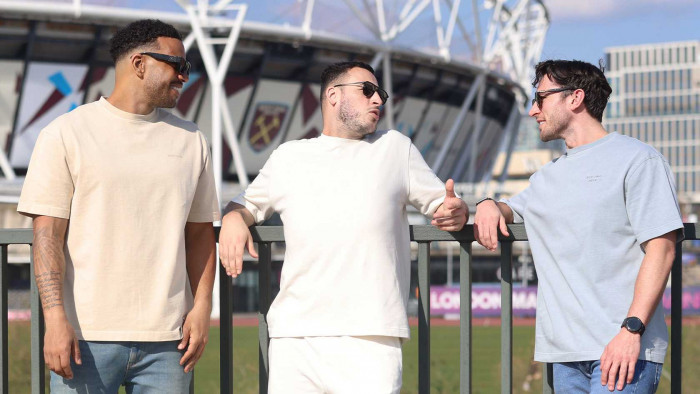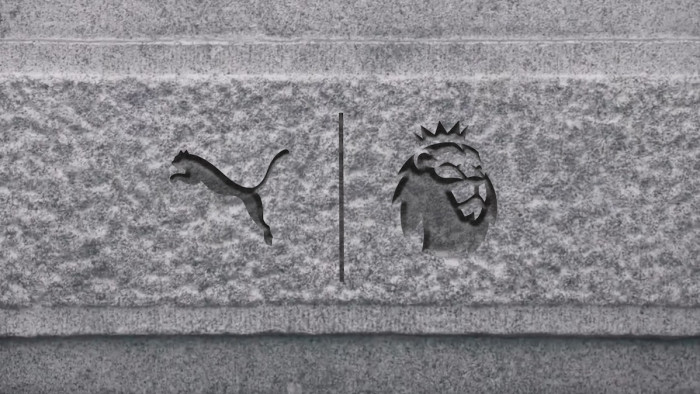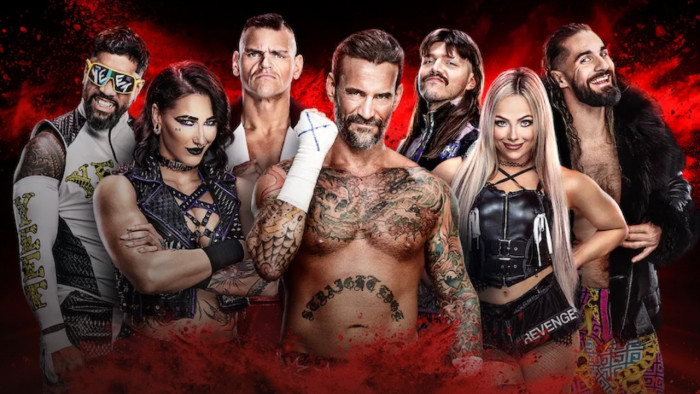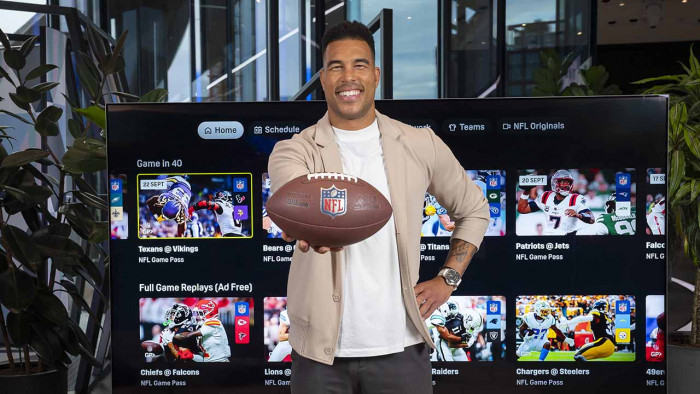10-year journey: Chris Froome on dropping out of university to conquer the cycling world
A gamble that well and truly paid off


When I was a boy, I fell in love with cycling because of the freedom. You feel the wind in your hair and the joy of independence – you didn’t have to ask your parents for a lift. In many ways, I’m still that kid.
The stakes get higher. It’s hard to describe how the motivation increases if you do well. You’ve got what you always wanted, but your ambitions change. You start to compete against the history of the sport, as well as against your rivals around you – but there’s a constant gratitude to it as well.
The beauty of cycling is that you can use it to relax as well as compete. The perfect recovery day is just going out on the bike and turning the legs over. Going out with mates on a rest day and riding to get a coffee – it feels the same as when I was a child.
Every win feels good, but in different ways. It doesn’t diminish, it just changes. In 2013, it was new territory – I’d fulfilled this dream I had as a kid, standing on the podium on the Champs-Elysées. It was overwhelming. This year, standing there for the fourth time, it was a different sense of accomplishment. It wasn’t greater or smaller. It’s like eating different meals you love.
All the mistakes I made were part of the process I had to go through to get to this point. I had to do some stupid things and try some ridiculous, outside-the-box ideas in my training, my cycling and my lifestyle to get to where I am, but every mistake was a learning experience.
You have to learn to be driven, but moderate it. I once convinced myself that just training once a day was stupid, so for a week all I did was train, eat, sleep, train, eat, sleep, and ignored things like the changing of the day, down-time and so on. I’d get back at 2pm, eat, sleep, then wake up at 8pm and go out for another six-hour ride, then repeat the cycle. I was riding all through the night and sleeping during daylight, like a vampire who ignored the world around him. I only lasted four or five days, then I crashed and burned. It wasn’t healthy.

Chris in action during this year’s triumphant Tour de France
Nothing comes without sacrifice. The biggest for me is my social life. Even when I’m at home, it’s hard to go out for dinner, because I have to be so careful about what I eat and I need to be in bed early for training the next day. It’s great when I get a month off and can go out with mates.
I’m a pretty cheap night out. Our bodies are always on a knife edge with fuel needs and nutrition, so anything you put in there you feel pretty fast. Let’s say one pint of beer has a pretty big impact.
Some people say I’ve not been embraced in people’s hearts as much as others. But every person at the side of the road with a Union Jack is more help than they realise. The level of support is incredible, and unbelievably humbling. It’s heart-warming, and if I can make people have a moment of happiness through my riding, that’s terrific.
I’m always thinking about the future. My wife gives me a hard time for it, but a lot of athletes have this mindset. I’m always thinking about the next goal, the next few years, the next race, even the next few hours.
I find it difficult to spend time reminiscing about the past. I’m always on to the next thing.
Sport is different to watch than it is to do. People on the outside – and this isn’t meant as a knock – they’ll watch a performance and often put it into a career narrative, or wider context. When you’re doing it, you’re just thinking about the next phase of the race. Even if you’re aware of your rivals, your main competition is with yourself. If you know that performance was the best you could have delivered, you’re not disappointed, regardless of where you finish.
Focus has always come easy to me. Some people work with sport psychologists on it, some call it a flow state. Even when people threw urine at me during a race in 2015, I genuinely barely noticed. I was in that mental state.
Cycling is a strange double life. When you’re on a tour, everything is done for you, you’re told where to go and where to be, coaches monitor your training and chefs prepare your food. Living out of a suitcase becomes normal. Then you get home, and you’re struggling to make an omelette in the morning and have to remind yourself how the kettle works.
My mother told me to always do what I loved. In 2007, I was on my way to an economics degree in South Africa and I had the chance to come to Europe to race semi-pro. I was torn, if I’m honest, but I thought I’d give cycling a go and if things didn’t work out, I could just go back and finish my degree. I guess I still can.
Cycling can make you want to throw up. But it can bring you some of the most relaxed, happy moments in your life.
(Photography: Tom Barnes/body images: Rex)
Latest
Related Reviews and Shortlists









